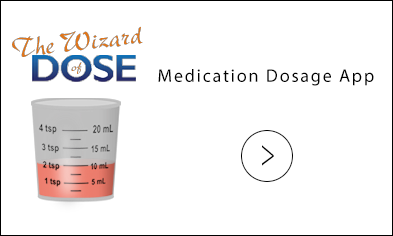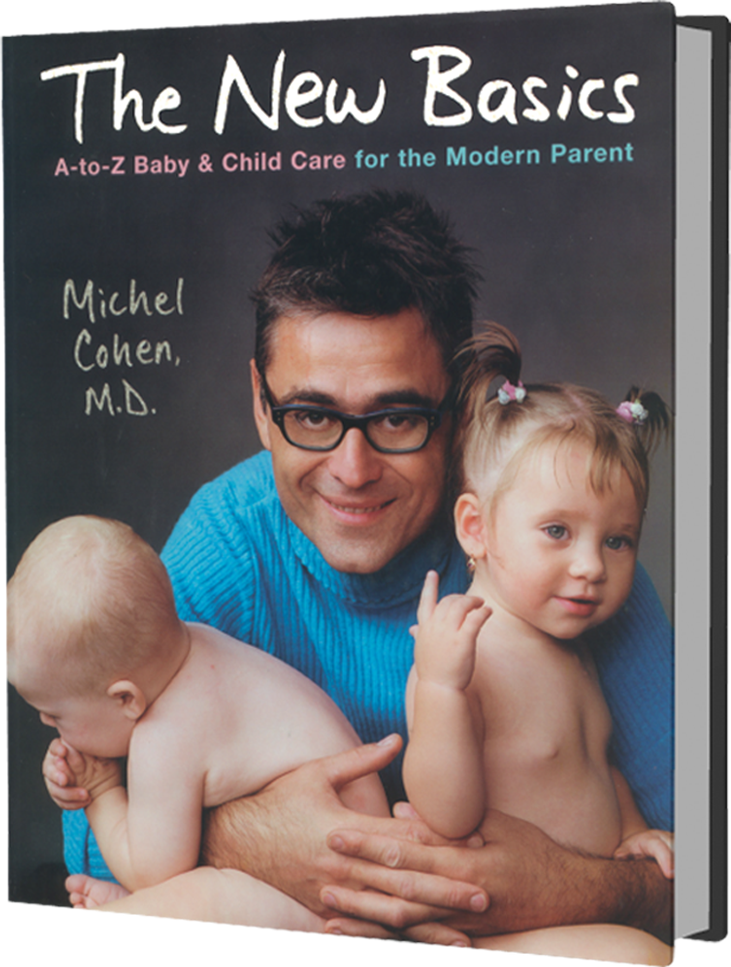
Gas
The first thing people tell you about babies is that they’re cute. The second thing is that they’re flatulent. Everyone has a theory on gas: It’s related to colic or pain or too much food or too little food. For the most part, these theories reflect superstition rather than medicine.
Gas is produced in a mechanical chain of events. Whether or not you’re a baby, your intestines naturally produce gas as a by-product of digestion. The more Lucy eats, the more gas she ingests and produces. And like most babies, she fusses and cries, which not only makes her swallow more air, but also prompts her to raise her legs to her stomach and cramp her abdominal muscles. The result? Increased belly pressure and the release of gas. After passing gas, Lucy generally stops crying, either from surprise or relief.
While observing this chain of events, you might be led to believe that the release of gas relieved her belly pain. But actually, the coincidence of crying and muscle contraction caused the release of gas. If you massage Lucy’s belly or pump her legs in order to help her evacuate more gas, you may succeed, but you’ll unfortunately agitate her further. She’ll cry more and therefore swallow more air and pass more gas. And if you assume she’s crying because she’s hungry when she’s not, feeding her will give her a full belly, increase her digestion and its byproducts, and thus make her cry even more. See the cycle?
As for those anti-gas concoctions, ranging from gripe water to simethicone drops to chamomile tea, they’re deceiving. Since they’re all sweet, Lucy won’t mind their taste, and for a while you may think they’re working miracles. Until she passes gas again. Faced with a cranky baby, it’s much healthier for the whole family to avoid medications that have virtually no effect and to understand that the problem with the baby simply resides in being a baby [See: Colic]. For the first couple of months, our little creatures are none too happy to be outside, and they let you know it by crying, kicking, and incidentally farting.
My theory bears repeating: Lucy has gas because she cries; she doesn’t cry because she has gas. Gas is not a sign of discomfort but rather an ever-present condition that has become associated with discomfort as a result of a misunderstanding.




 MEDICATION DOSAGE
MEDICATION DOSAGE

